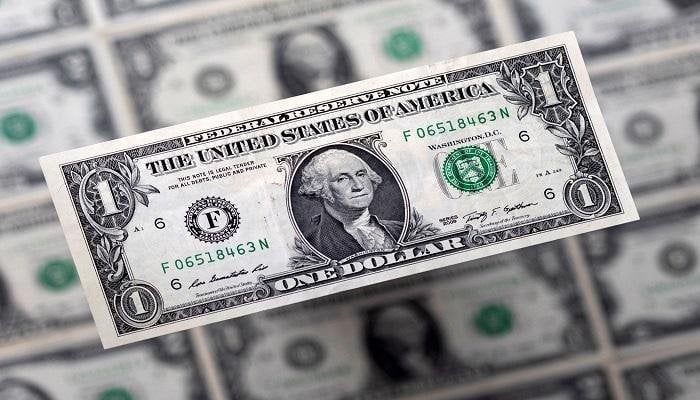
- The US dollar is the closest thing to being a global currency. It is the preferred method of payment for international transactions more than any other currency, and it is the primary reserve currency for countries around the world, whether friendly or hostile. Dozens of countries around the world link the value of their local bids to it, according to Bloomberg.
- The dominance of the dollar coincides with the rise of the United States as a global superpower in the wake of World War II. Since then, investors have relied on the dollar and assets denominated in it, such as US Treasury bonds, to be among the best ways to save wealth, whether in times of prosperity or hardship.
- Assets denominated in the US currency are also so plentiful that they are among the most “liquid” in the world, meaning they can be bought and sold easily.
- People rush to the dollar even when the United States itself is in distress, and this is no clearer than the housing crisis that began in 2008, when the dollar rose by more than 26% against a basket of six other major currencies within twelve months.
- The dominance of the dollar is due in part to the huge size of the American economy, as its size is close to the total size of the economies of China, the second largest in the world, Japan the third, and Germany the fourth, combined. The economic weight of the United States also supports the largest and most liquid capital markets in the world. The stock markets In the United States, it outperforms its counterparts in other countries, and is home to many of the most valuable and advanced companies in the world, and its bond markets are also the largest in the world, as the US Treasury bond market alone has swelled to reach 27 trillion dollars, and when companies need cash liquidity, they turn to... Mostly to the American markets, whether it is to sell stocks, issue bonds, or obtain loans.
- The US Federal Reserve also has a strong record of maintaining its independence, in contrast to central banks in many other countries.
- In addition, the United States is financially stable and is among the few countries that has never defaulted on its debts or suffered from hyperinflation, qualities that make the dollar an attractive store of value and among the safest bets when markets falter.
- The dollar also derives its strength from its current position as the world's main currency.
- Although the world's reserve currency has changed over the centuries, this does not usually happen without a crisis, a shift in economic dominance, and the passage of many years.
- In the 1890s, the British pound sterling began to lose its luster after the United States overtook the United Kingdom as the world's largest economy, but it took another half-century, two world wars, and a full-blown financial crisis in the United Kingdom for the dollar to unseat sterling.
- Fast forward to the present day, and the obstacles to change have become greater. This is because the world's financial resources have become more closely aligned than ever before, and they revolve around the dollar, and therefore, replacing the dollar may require not only an economic or other major catastrophe, but also a comprehensive change in the way financial transactions are carried out.



